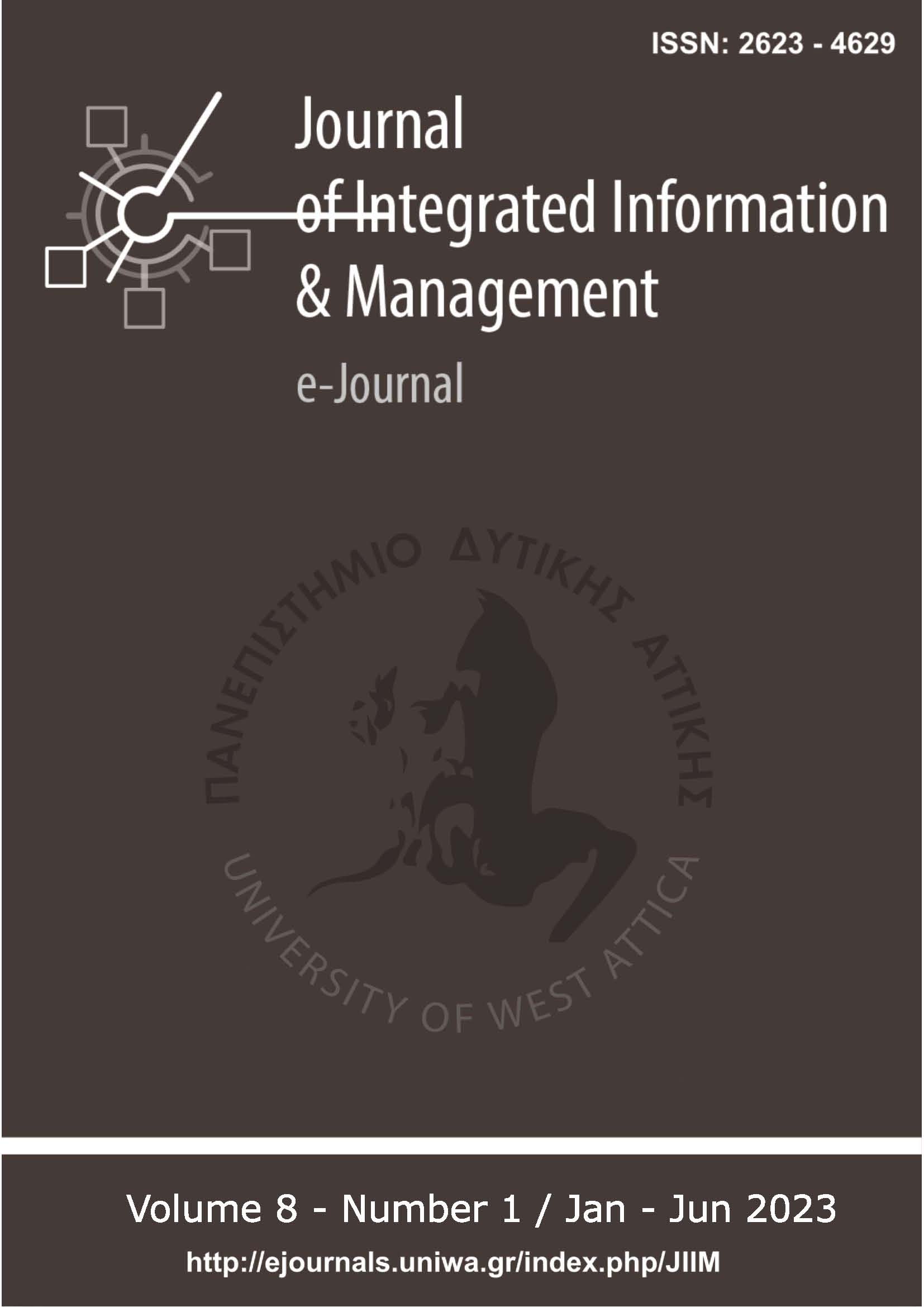Editorial

Abstract
The first paper explores the goal and potential of integrating machine learning technologies into archives and records management practices. Placing the subject classification of records at the center of the discussion, this paper presents a research hypothesis. It highlights the necessity of deepening the standardisation of government actions record management processes. Thus, readers have a deeper understanding of the transformative role that machine learning technologies can play in archives and records management, future practices and decision-making in the field. The second paper studies the effect of photos on cultural technologies. Researchers used ancient museum objects with contemporary photos, showing people performing similar activities in antiquity and today. Qualitative data from interviews were collected and when they saw the images of ancient objects and contemporary photos. Photos can function as interpretation aids and also allow participants to make multiple connections between past and present, across societies and cultures, between current and prior knowledge, and permit connections to personal experience, leading to the conclusion that critical constructivist approaches take place when people are presented with the two images and meaning-making processes. The last paper presents the adaptation of VIVO by the University of West Attica. Researchers have merged the existing systems and harvested research-related information from different sources on the web to create an ontology-based system for documenting the undertaken research within an institution. This solution offers the possibility for the personalisation of the ontology, thus making it possible to customise the repository to fit an ed significant components for the University, as well as the information visualisation.
Article Details
- How to Cite
-
Kouis, D. (2024). Editorial. Journal of Integrated Information Management, 8(1), 5. Retrieved from https://ejournals.epublishing.ekt.gr/index.php/jiim/article/view/37907
- Section
- Editorial

This work is licensed under a Creative Commons Attribution-NonCommercial 4.0 International License.
Copyright Notice
Authors who publish with JIIM agree to the following terms:
- Authors retain copyright and grant the journal right of first publication with the work simultaneously licensed under a Creative Commons Attribution Non-Commercial License that allows others to share the work with:
- An acknowledgment of the work's authorship and initial publication in this journal.
- Authors are permitted and encouraged to post their work online (preferably in institutional repositories or on their website) prior to and during the submission process, as it can lead to productive exchanges, as well as earlier and greater citation of published work.





